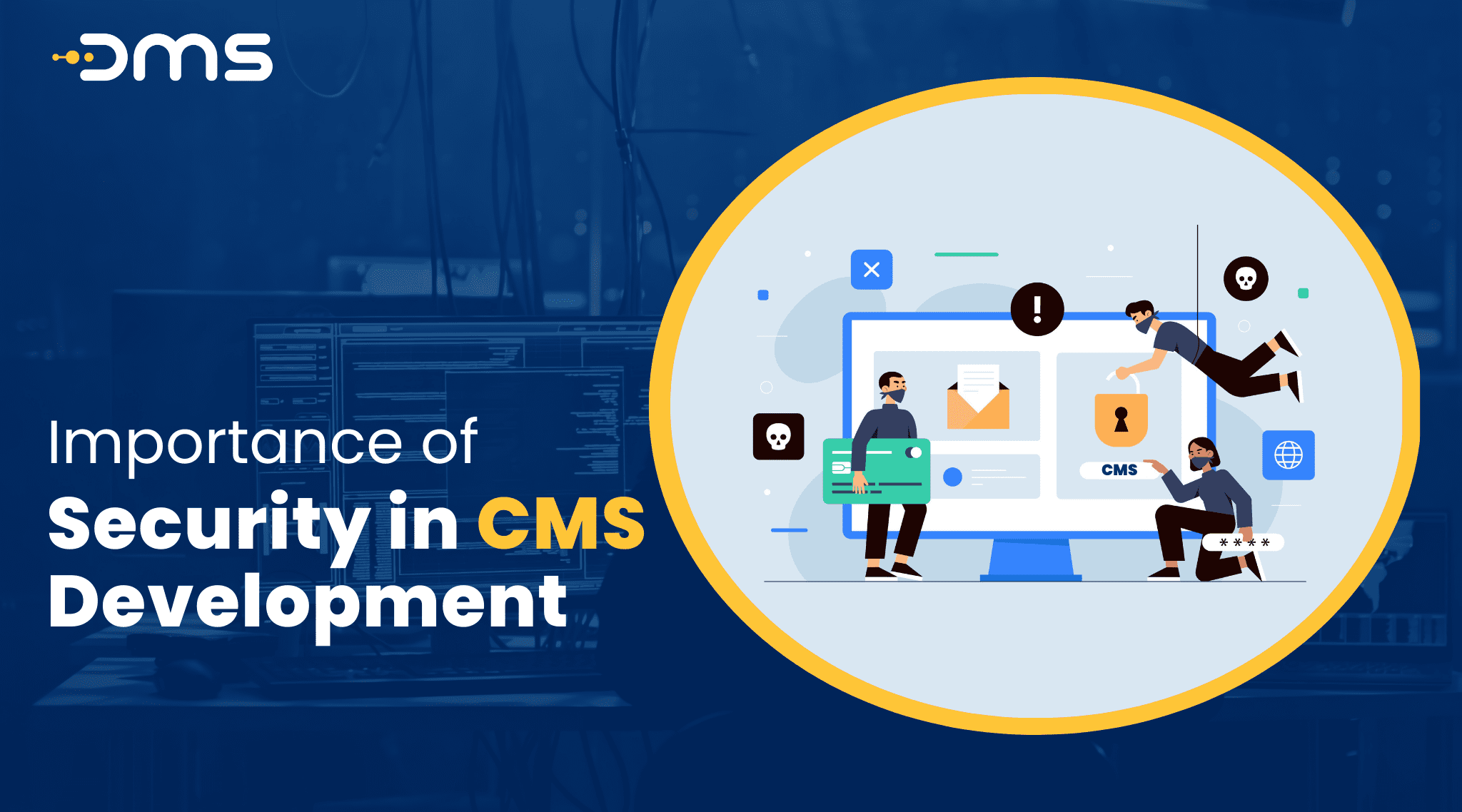The development of websites now must include content management systems (CMS), which have become a crucial part of the digital era. However, with increased usage, CMSs have become a prime target for cybercriminals. As a website owner or developer, having a piece of good knowledge about the importance of security in cms will help you in protecting your website and business reputation.
Introduction:
The method that websites are made has grown because of content management systems (CMS), which make it simpler for website owners and developers to maintain their content. A platform for the creation, distribution, and management of text, image, video, and audio content online is provided via CMSs. They are user-friendly and provide many features, making website management more accessible to non-technical users.
However, as the popularity of CMSs has increased, so has the risk of security breaches. Cybercriminals are constantly looking for vulnerabilities to exploit and steal sensitive information. Therefore, it is essential to prioritize the security of your CMS development.
Importance of Security in CMS Development
Security should be a top priority when developing a CMS. A secure CMS protects your website from cyber threats, such as malware, viruses, and hacking attempts. A security breach can have significant consequences and harm the goodwill of the company. A security breach might lead to the loss of classified information, harm to the reputation of your website, and monetary and legal consequences.
A secure CMS provides a safe and reliable platform for website management. It ensures that only authorized users can access the website and its data. A secure CMS includes features such as user authentication, data encryption, and access controls. These security measures prevent unauthorized access, data breaches, and other cyber threats.
Risks of an Insecure CMS
An insecure CMS poses significant risks to your website and business. Cybercriminals can easily access sensitive data through an insecure CMS by taking advantage of security loopholes. Cybercriminals may misuse this information for financial fraud, data breaches, and other unlawful acts.
An insecure CMS also exposes your website to malware and viruses. Your website’s functioning could be damaged by malware and viruses, leading to breakdowns and revenue loss. Malware and viruses can also infect your visitors’ devices, leading to a loss of trust and credibility for your website.
Best Practices for CMS Security
Developing a secure CMS requires a combination of technical expertise and best practices. These are some key practices regarding CMS security:
Regular updates:
Ensure that your CMS software is up to date with the latest security patches and updates.
Strong passwords:
Use strong passwords and enforce password policies to prevent unauthorized access.
User authentication:
Implement user authentication and access controls to restrict access to sensitive data.
Data encryption:
Encrypt sensitive data, such as user credentials and financial information.
Backup and recovery:
Regularly back up your website and data to ensure quick recovery in case of a security breach.
Conclusion:
Security is a critical aspect of CMS development. A secure CMS protects your website and business reputation from cyber threats such as hacking, malware, and data breaches. It is extremely important to use recommended procedures such as regular updates, strong passwords, user authentication, data encryption, and backup and recovery. By prioritizing security in your CMS development, you can ensure a safe and reliable platform for your website management.


